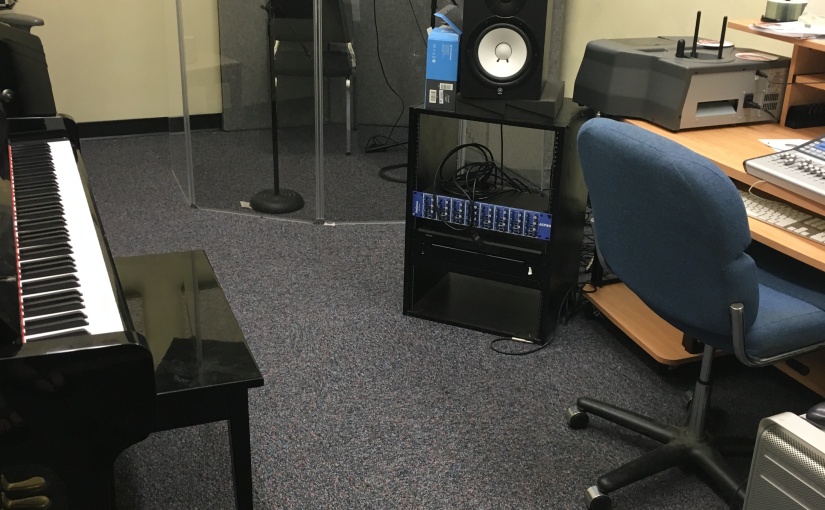So since finishing up my senior recital and a few other performances, I wanted to take a moment to reflect on my practice techniques. I thought creating a list of the top 5 things I try to work towards in order to make my practice a beneficial as possible might be helpful for other young musicians like myself. So, here is a list of 5 things I like to keep in mind when practicing:
- Outline of the Practice Session: When I go into a practice, I find it important to have a goal and outline of what I am doing. I start out by thinking of the amount of time I will be practicing, and then start to think of what I can focus on in the practice session. In my opinion, unless you are practicing just for the sheer enjoyment of an already seasoned piece, you should have a plan for what you want to accomplish from your practice. Having an objective in your practice session will ultimately keep you on task and making your practicing much efficient.
- Practice as if it Were a Performance: The biggest mistake I have made in the past, is practicing as if I were just going through the motions. It is crucial even when you are learning the notes and rhythms of a piece, that you still give the music the energy and technique that you would use when in a performance. From past experiences, I have found that it is difficult to correct mistakes that become a part of the muscle memory that is developed when learning a piece, and that is why I find it so important to practice with correct technique and energy throughout.
- Work from the end to the beginning: When learning a piece, it is important to work from the end of the piece to the beginning. This is important because if there is a chance that you are not as comfortable with a piece as you would like to be, then when performing the piece, you will be more familiar with the piece as you work your way through it instead of it falling apart.
- Work pieces in sections: When learning or even practicing your music, it is important to work through the piece in sections and phrases. What I like to do is section the piece off based on phrasing and work from the last section to the first section, not moving on until the section I am working on is secure. This is a great way to correctly learn your music and also correctly memorize the pieces you are working on.
- Never leave a practice session upset: Everyone has those days were they are frustrated with the way their practicing goes. When I was a sophomore, one of my favorite professors taught me to never leave a practice session upset with myself. They told me to all think of one thing that I had done well even if it were small or something I had already achieved before. It is so important to do something along these lines, because if you leave frustrated, it is much more difficult to practice after that.


